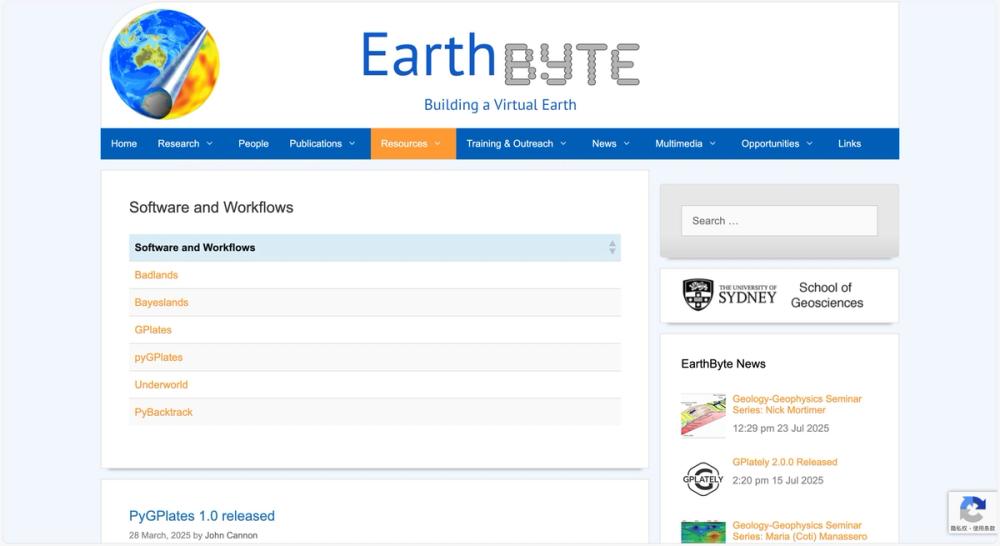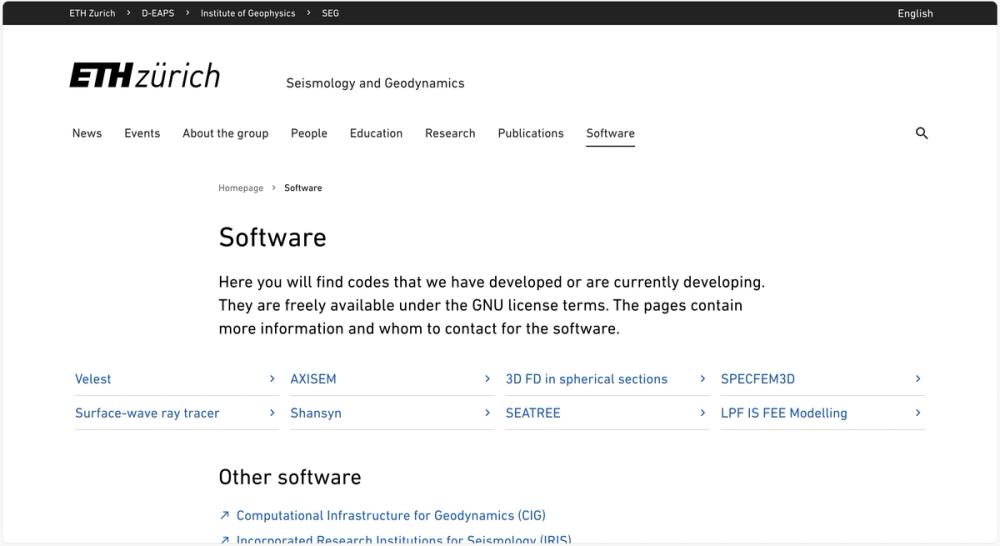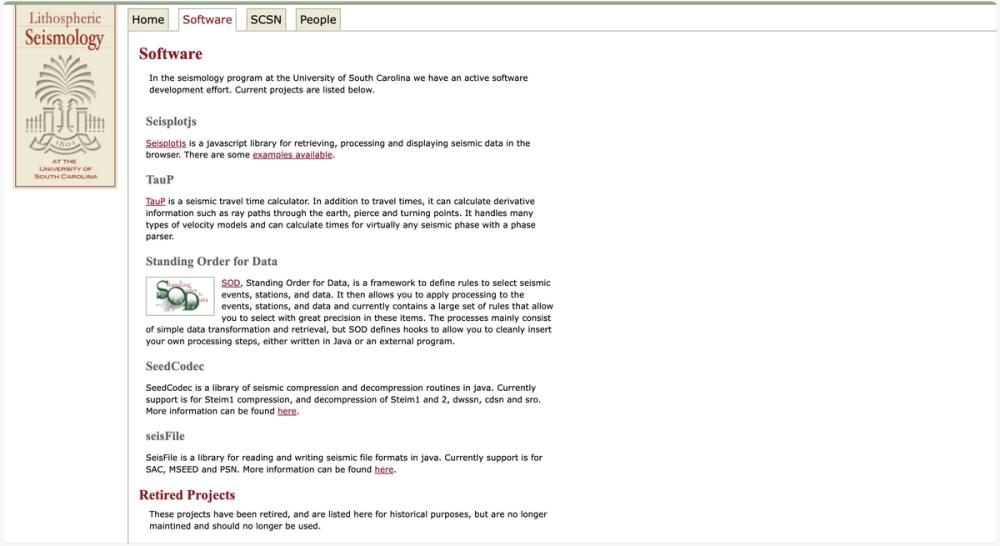Name: Docker
Link: https://www.docker.com
Description: Docker is an open-source platform that automates the deployment, scaling, and management of applications using containerization technology.
Key Words: containerization, open-source, deployment, scalability, virtualization, DevOps, microservices
Introduction:
Docker is a transformative tool in modern software development, designed to simplify and accelerate the process of building, shipping, and running applications. It leverages containerization, a lightweight form of virtualization that packages an application and its dependencies—such as libraries, configuration files, and system tools—into a single, portable unit called a container. Unlike traditional virtual machines, containers share the host operating system’s kernel, making them highly efficient in terms of resource usage, startup time, and portability across different environments, from a developer’s laptop to a production server.
Introduced in 2013, Docker has become a cornerstone of DevOps practices, enabling developers to create consistent environments across development, testing, and production stages. Containers ensure that applications run identically regardless of the underlying infrastructure, solving the common problem of “it works on my machine” by standardizing the runtime environment. Docker’s architecture is built around the Docker Engine, which manages containers, and Docker Hub, a cloud-based registry for sharing and storing container images.
Key features of Docker include its ability to package applications with their dependencies, support for microservices architectures, and seamless integration with CI/CD pipelines. It supports a wide range of operating systems, including Linux, Windows, and macOS, and integrates with cloud platforms like AWS, Azure, and Google Cloud. Docker Compose, another powerful component, allows developers to define and manage multi-container applications using simple YAML files, making it easier to orchestrate complex systems.
Docker’s ecosystem also includes tools like Docker Swarm for orchestration and compatibility with Kubernetes, a popular container orchestration platform. Its open-source nature fosters a vibrant community, contributing to a vast library of pre-built images on Docker Hub, which developers can use to quickly deploy databases, web servers, or custom applications. By reducing overhead and improving scalability, Docker empowers teams to build, deploy, and manage applications more efficiently, making it a critical tool in modern software development and deployment workflows.




